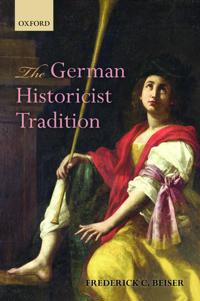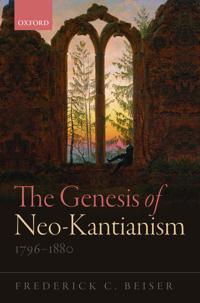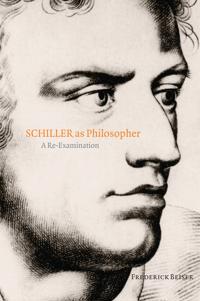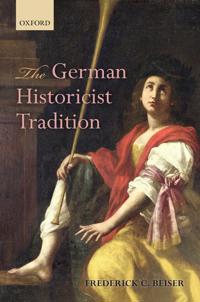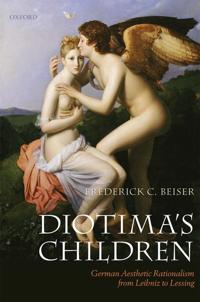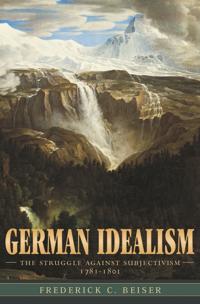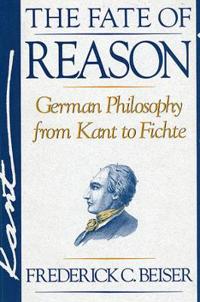The German Historicist Tradition (Häftad)
avFrederick C. Beiser
ISBN: 9780198709411 - UTGIVEN: 2015-02This is the first full study in English of the German historicist tradition. Frederick C. Beiser surveys the major German thinkers on history from the middle of the eighteenth century until the early twentieth century, providing an introduction to each thinker and the main issues in interpreting an[...]
The Genesis of Neo-Kantianism, 1796-1880 (Inbunden)
avFrederick C. Beiser
ISBN: 9780198722205 - UTGIVEN: 2014-11Frederick C. Beiser tells the story of the emergence of neo-Kantianism from the late 1790s until the 1880s. He focuses on neo-Kantianism before official or familiar neo-Kantianism, i.e., before the formation of the various schools of neo-Kantianism in the 1880s and 1890s (which included the Marburg [...]
Schiller as Philosopher (Häftad)
avFrederick C. Beiser
ISBN: 9780199532315 - UTGIVEN: 200802Fred Beiser, renowned as one of the world's leading historians of German philosophy, presents a brilliant new study of Friedrich von Schiller (1759-1805), rehabilitating him as a philosopher worthy of serious attention. Beiser shows, in particular, that Schiller's engagement with Kant is far more su[...]
Diotima's Children: German Aesthetic Rationalism from Leibniz to Lessing (Inbunden)
avFrederick C. Beiser
ISBN: 9780199573011 - UTGIVEN: 2009-10-29Late German Idealism (Inbunden)
avFrederick C. Beiser
ISBN: 9780199682959 - UTGIVEN: 2013-09-01Frederick C. Beiser presents the first book to be written on two of the most important idealist philosophers in Germany after Hegel: Adolf Trendelenburg and Rudolf Lotze. Beiser addresses every aspect of their philosophy- logic, metaphysics, ethics, and aesthetics-and traces their intellectual devel[...]
The German Historicist Tradition (Inbunden)
avFrederick C. Beiser
ISBN: 9780199691555 - UTGIVEN: 201201This is the first full study in English of the German historicist tradition. Frederick C. Beiser surveys the major German thinkers on history from the middle of the eighteenth century until the early twentieth century, providing an introduction to each thinker and the main issues in interpreting an[...]
Diotima's Children (Häftad)
avFrederick C. Beiser
ISBN: 9780199694655 - UTGIVEN: 201111Diotima's Children is a re-examination of the rationalist tradition of aesthetics which prevailed in Germany in the late seventeenth and eighteenth century. It is partly an historical survey of the central figures and themes of this tradition But it is also a philosophical defense of some of its le[...]
German Idealism (Pocket)
avFrederick C. Beiser
ISBN: 9780674027176 - UTGIVEN: 2008-03One of the very few accounts in English of German Idealism, this ambitious work advances and revises our understanding of both the history and the thought of the classical period of German philosophy. As he traces the structure and evolution of Idealism as a doctrine, Frederick Beiser exposes a stro[...]
The Fate of Reason (Häftad)
avFrederick C. Beiser
ISBN: 9780674295032 - UTGIVEN: 199309"The Fate of Reason" is the first general history devoted to the period between Kant and Fichte, one of the most revolutionary and fertile in modern philosophy. The philosophers of this time broke with the two central tenets of the modem Cartesian tradition: the authority of reason and the primacy o[...]

